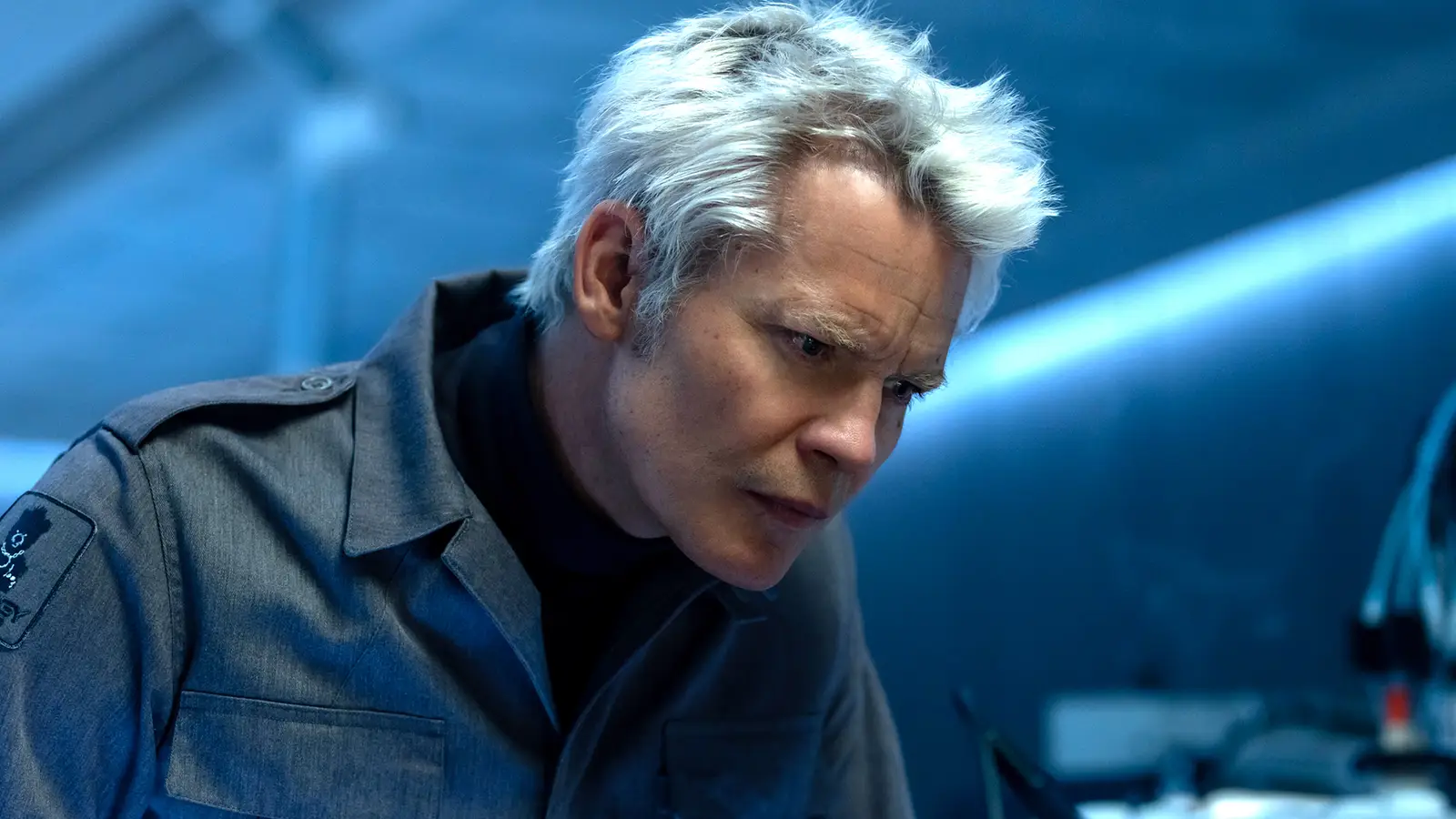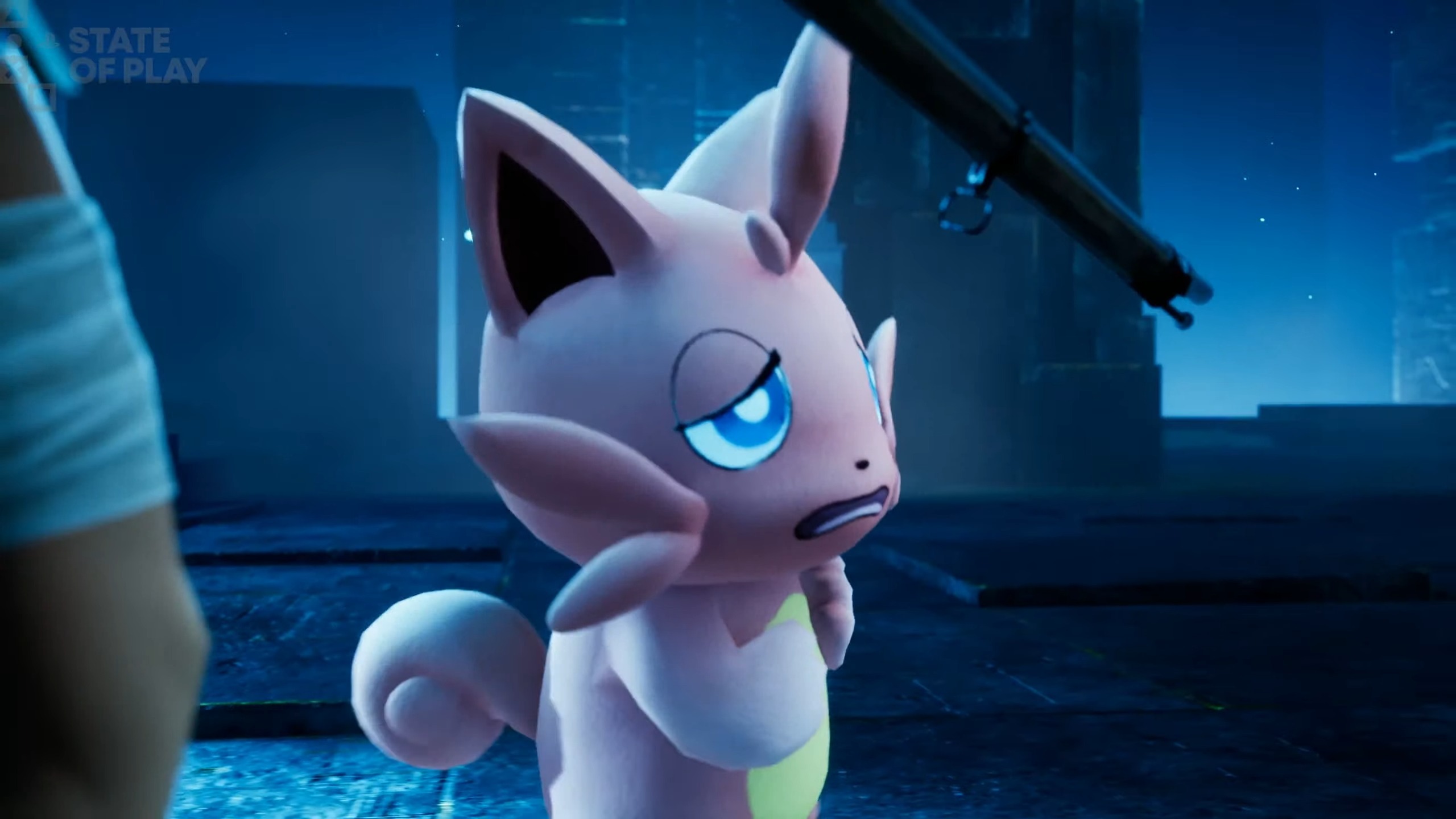
Warning! This article contains SPOILERS for Alien: Earth season 1.Disney and FX’s Alien: Earth made some substantial changes to the canon lore of the Alien franchise, and these seven additions recontextualize the entire universe. Alien: Earth isn’t necessarily fully canon. It was originally envisioned as being “parallel” to the main Alien movies and their canon, but there’s also a strong case to be made that it is actually a canon addition to the franchise.
The events of Alien: Earth, for example, don’t outright contradict anything that was previously established or hinted at in the canon Alien movies. The show also adds quite a bit of context and texture to the franchise, and it expanded our understanding of Alien to an immeasurable degree. Assuming Alien: Earth is canon, these seven details marked the biggest changes to our understanding of the franchise.
7 Xenomorphs Made It To Earth In Alien Canon
Xenomorphs did make it to Earth in the Alien vs. Predator movies, but those are no longer considered canon. Ridley Scott’s prequel duology — Prometheus and Alien: Covenant — superseded the events of the AvP franchise and turned them into basically “what if” crossover movies. As such, Xenomorphs had never canonically been to Earth prior to Alien: Earth.
Obviously, however, Alien: Earth changed that. As we now know, Yutani commissioned the USCSS Maginot to collect samples of various alien lifeforms and bring them back to Earth, including the Xenomorph. Remarkably, by the end of Alien: Earth season 1, the Xenomorphs on Earth had wreaked surprisingly little damage. Most of it was contained to Neverland Island and the Prodigy Corporation.
That relatively small amount of damage is a huge change from the AvP movies, which famously saw the Xenomorphs and Yautja cause absolute mayhem on Earth. Alien: Earth also changed the timeline of the Xenomorphs’ first visit to Earth from about 2004 to the year 2120, just two years before the original Alien in the Alien timeline.
6 Weyland-Yutani Knew About Xenomorphs Before The Nostromo Found LV-426
Thanks to taking place two years earlier, Alien: Earth was also able to recontextualize the original Alien. As such, we now know that Weyland-Yutani was completely aware of Xenomorphs and their capabilities when the Nostromo was diverted to LV-426. Yutani in particular knew exactly what the Xenomorphs were capable of, and she likely knew that the Nostromo’s crew would be decimated.
That detail doesn’t completely change the original Alien, but it does add another sinister layer to the nefarious Weyland-Yutani Corporation’s history. It shows that from the very start, Weyland-Yutani was always hell-bent on securing the Xenomorphs, and that it would sacrifice anyone and anything to get a live specimen.
Interestingly, Alien: Earth also has plans to dive deeper into Weyland-Yutani’s decision to divert the Nostromo. Noah Hawley, the creator of Alien: Earth, told Vanity Fair that he’d like to adapt Weyland-Yutani’s side of that decision in future seasons of Alien: Earth.
“But I do know that at a certain point, the Weyland-Yutani Corporation is going to divert the Nostromo to that planet. We have the opportunity to maybe see what was happening on the other side of that phone call.”
5 Xenomorphs Aren’t The Only Hostile Aliens In Space
For decades, we’ve assumed that the Xenomorphs are the only aliens in space in the Alien franchise. Alien vs. Predator did establish that the Yautja are also out there, but as previous mentioned, those films are no longer canon. Aliens also mentions the Arcturians, but there’s no indication that the Colonial Marines weren’t talking about a human colony on the planet Arcturius.
Prometheus also introduced the Engineers, but they’re an advanced race of intelligent beings. Alien: Earth, however, confirmed that the Xenomorphs are certainly not the only animalistic, hostile alien species in the galaxy. We now know of at least four other species that wish humanity harm, thanks to the five alien lifeforms in Alien: Earth.
That one decision expanded the Alien universe more than several of the main movies did. It seems that Xenomorphs aren’t very unique, and that the wider Alien universe is a very dangerous place to be. The five species in Alien: Earth were also just the first ones the exploratory mission of the Maginot were able to find; there could well be even more creepy crawlies lurking in the dark.
4 Weyland-Yutani Wasn’t The Only Mega-Corporation On Earth
Another big change Alien: Earth made to our understanding of the franchise relates to Weyland-Yutani once again. In all the Alien movies, Weyland-Yutani is depicted as an almost omnipotent, omnipresent mega-corporation. They dominate space shipping lanes, extraterrestrial colonies, and basically everything else. It isn’t until Alien Resurrection that we even hear of another company, and that’s over 200 years after the original Alien.
Given Weyland-Yutani’s ubiquity, it was easy to assume they were the only mega-corporation on Earth, or at least the only one worth mentioning for the majority of Alien’s timeline. Alien: Earth, however, dispelled that idea and introduced four new companies that controlled Earth like governments. Alien: Earth’s five corporations — Weyland-Yutani, Prodigy, Dynamic, Lynch, and Threshold — change our understanding of the franchise’s corporate dystopia.
Weyland-Yutani wasn’t just operating with complete abandon due to having no real competition. As Alien: Earth proved, they were actively looking for an advantage against their competition. It explains why they were so desperate for a live Xenomorph, and actually helps explain some of their ruthless business tactics.
3 Alien: Earth Confirmed David Didn’t Create The Xenomorphs
After the releases of Prometheus and Alien: Covenant, it seemed like the prequels were trying to assert that Michael Fassbender’s David, the rogue synthetic, was the creator of the Xenomorphs. He did, after all, bio-engineer the Protomorph in Covenant, and the ending of that film saw him secure an entire ship full of test subjects to continue his experiments.
However, there was also a strong implication that the Xenomorphs existed before David. There were murals on the walls of the Engineers’ ship that depicted the Xenomorphs, and the Last Engineer seemingly recognized his own creation. Still, it wasn’t confirmed one way or another, until Alien: Earth confirmed that it wasn’t David who created the Xenomorphs.
The USCSS Maginot, which was carrying a classic Xenomorph specimen, was sent on its journey 65 years prior to the events of Alien: Earth. The show takes place in 2120, meaning the Maginot left Earth in 2055 and found the Xenomorph specimen in approximately 2087. David, however, didn’t even know about Xenomorphs until 2093, meaning they existed long before him.
While this is a slight deviation from the story Prometheus and Covenant were setting up, it’s not a major change. As previously noted, there is a lot of evidence in Prometheus itself to suggest that the Xenomorphs predate David. Alien: Earth is simply a more direct confirmation of what Prometheus was hinting at.
2 Alien: Earth Gave Us So Many Insights Into Xenomorphs
Even though it did feature several other alien lifeforms, Alien: Earth also dedicated a substantial amount of time to filling out the gaps in our knowledge of Xenomorphs. It’s hard to overstate just how much information Alien: Earth added into the general knowledge of Xenomorphs. It gave us details about the species’ life cycle, physiology, social aspects, and even behavior.
Put simply, Alien: Earth completely changed how we view Xenomorphs. Just to list a few new details the show gave us: it confirmed that Xenomorph facehuggers infect hosts with a tadpole-like larva, that adult Xenomorphs will protect their young, that Xenomorphs speak a language and can be issued commands, and much more.
Alien: Earth gave us so much factual information about Xenomorphs that it’s impossible to list it all in a single list entry. The sheer volume of information Alien: Earth gave us made me realize how little we actually knew about Xenomorphs, even after nearly half a century and seven movies, countless comics and books, video games, and more.
1 Prodigy Established That There’s A Race For Immortality In The Alien Universe
One of the most broad changes Alien: Earth made to our understanding of the Alien franchise also relates to the corporations ruling Earth. Thanks to Alien: Earth, we now know that the mega-corporations were engaged in a sort of race to achieve human immortality. That detail alone completely redefines everything from the prevalence and development of synthetics to Weyland-Yutani’s search for extraterrestrial life.
We knew from Prometheus that Peter Weyland was searching for the key to eternal life, but Alien: Earth showed us that his goal was much more widespread. This concept of human immortality informed every single decision the corporations of the show made and is probably the single most important existential question in the entire Alien franchise.



